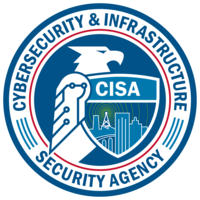Simmons move to Workday Student represents a major change in the way we perform our student related business. We are making this move not for the sake of change — but strategically — implementing an advanced, extendable system based on academic best practices. In moving to Workday Student, Simmons benefits from the experience of other institutions who have gone before us, including Wellesley, Bentley, and California College of the Arts. As an early adopter of the platform, we have had the opportunity to collaborate with other institutions and Workday on the development of the system, ensuring the product meets our particular requirements. In deploying the product, we have leveraged our internal expertise gained through our implementations of Workday’s Human Resources and Finance applications. Bringing these together with Workday Student will provide one cohesive, integrated experience for academic and administrative computing.
Tag Archives: 2020
Enabling IT Transformation with Workday Student
What to expect in Workday Student
For Students
- Registration, grades, and transcripts
- Mobile device access
- Academic plan development
- Degree requirements progress tracking
For Faculty
- Class rosters and grading
- Mobile device access
- Roster photos
- Unified Workday experience with HR and Finance
For Staff
- Student academic and financial records processing
- Applying and removing student holds
- Improved process routing between student facing offices
Stay tuned for opportunities to learn more about Workday Student including demos, Q&A sessions, brown bag lunches, and more. For questions about Workday Student, please reach out to [email protected].
National Cybersecurity Awareness Month

October’s Technology Newsletter is dedicated to National Cybersecurity Awareness Month!
Information Security is a collective effort. It is up to each of us to do our part to ensure the safety and security of University and community members’ data.
DO YOUR PART. #BECYBERSMART